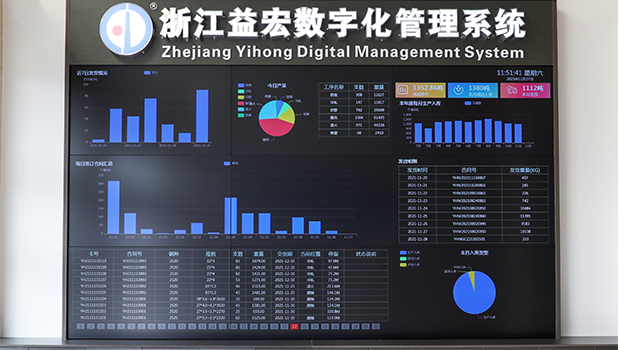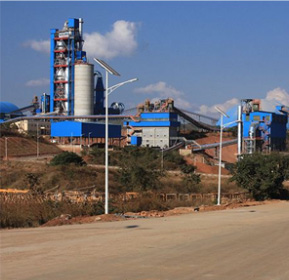Popular keywords : 2520 stainless steel pipe, 304 stainless steel seamless pipe, 310S stainless steel pipe

More than 20 years of industry experience
Finished product inventory: It has two storage centers, Songyang and Wenzhou
Spot materials: various materials and specifications are complete
Cargo shipments - more than 20 countries worldwide
MOREOur specialty products
310S (2520) and large diameter seamless pipe
310S high temperature resistant steel pipe
Oxidation resistant steel pipe
Large diameter stainless steel seamless pipe
MORE

Quality assurance
Quality system - ISO system
Finished product testing - complete testing equipment
Management system - internal software
MOREWorkshop equipment





More than20years experience in stainless steel pipe production

Stainless steel seamless pipe
Specifications : 14mm-630mm
Thickness : 4.00mm-100.0mm
Standard : 06Cr19N;TP304;TP321;TP316;310S;S2205;S2507;904L,etc

Large diameter seamless pipe
Specifications : 14mm-630mm
Thickness : GB 13296-20123;ASTM-A213,etc
Standard : 06Cr19Ni10;TP304;TP321;TP316L;310S/2520;S2205;S2507;904L,etc

Stainless steel boiler tube
Specifications : 6mm-630mm
Thickness : s2205; S2507; 904L; 310S, etc
Standard : GB/T 21833-2008; ASTM A204;etc

Special stainless steel pipe
Specifications : 6mm-630mm
Thickness : GB/T14976-2012; ASTM-A312;etc
Standard : 06Cr19Ni10;TP304;TP321;TP316L;
Provide efficient solutions for various industries




Insg: the oversupply scale of the global nickel ma···
2021/11/20
Baosteel successfully trial produced super ferriti···
2021/11/20
2016 maintenance plan of Guangxi Jinyuan nickel in···
2021/11/20
China's stainless steel production decreased in th···
2021/11/20
International financial markets - overnight inform···
2021/11/20
Government leaders visited our company for inspect···
2021/11/20